What does having high blood pressure mean?
Imagine you are trying to water the garden with a narrow hose and the tap turned full on, the pressure build-up will be so great that the force of the water will blow your plants out of the soil. Similarly, if you have narrowed arteries or increased blood volume, blood pressure increases. Hypertension is persistently raised blood pressure and can exacerbate cardiovascular disease and cause damage to small blood vessels in the kidney and eye, leading to loss of kidney function or vision. It affects mainly the over 50s but can also be a problem in younger people, and one in five New Zealanders will have high blood pressure at some stage.
What causes high blood pressure?
Primary or essential hypertension is by far the most common form of high blood pressure. It seems likely that it’s caused by several factors combining together such as a genetic tendency, increased salt intake and obesity. Other conditions cause secondary hypertension such as kidney disease, diabetes or pregnancy (pre-eclampsia). Often there are no signs or symptoms until you have a serious problem and start getting nosebleeds, headaches, dizzy spells or have a stroke.
Cardiovascular disease
Constant high blood pressure can cause damage to your arteries and heart.
- Heart failure: when the heart continually pumps blood against increasing pressure, the heart muscles get bigger and the heart itself becomes enlarged. Eventually the pressure will be too great and cause heart failure with fluid retention and shortness of breath.
- Stroke: blood vessels in the brain become damaged and rupture.
- Atherosclerosis: damage to large arteries allows fatty deposits (cholesterol) to build up in the artery walls causing them to become hardened and blocked.
- Heart attack: blockage in the coronary arteries in the heart means the heart muscle becomes starved of oxygen, and the local muscle cells die.
- Angina: chest pains caused by lack of oxygen to the heart muscle; angina often precedes a heart attack.
What puts you at risk?
- Metabolic syndrome: which includes high cholesterol, blood sugar and insulin levels; it usually goes hand in hand with obesity and high blood pressure, which dramatically increases risk of heart disease.
- High salt intake: causes water to be released from the cells into the blood to dilute the salt, increasing blood volume, making the heart work harder and raising blood pressure.
- Genetics: more than 50 genes have been identified that may be involved in predisposing people to high blood pressure.
- Age: causes blood vessels to become less flexible so they put up more resistance to blood flow.
- Adrenal gland disorders: cause changes in hormones controlling salt and fluid balance in the blood and tissues.
- Lifestyle: lack of exercise, smoking, excess alcohol intake and poor diet.
Prevention and treatment
You may not know you have high blood pressure and it can creep up silently, so do what you can to keep it down; also get regular checks and never ignore symptoms.
1. Healthy lifestyle
The best way to keep your blood pressure down is to make sensible lifestyle choices and avoid known triggers. Here are some tips that will help:
- Cut down on salt – check food labels for salt content.
- Be active – find some form of exercise you enjoy and do it each day.
- Quit smoking – try nicotine replacement therapy, such as patches or join a support group.
- Cut back on alcohol – the occasional drink will not harm you but excess alcohol will.
- Eat a balanced, nutritious, low-fat diet – cook with fresh ingredients, include whole grains, fruit and vegetables and reduce your saturated fat intake.
- Lose excess weight – by changing your eating habits and doing regular exercise.
- Don’t eat a lot of liquorice – it contains a chemical that can raise blood pressure.
- Control your stress levels – practice relaxation techniques or meditation.
2. Measuring blood pressure
The only sure way to know if you have high blood pressure is to have your blood pressure measured and this is how it works. Your heart beats in two stages; first beat when it contracts forcing blood out (systole) and then when it relaxes and refills (diastole). A sphygmomanometer consists of a cuff placed on your arm, inflated to restrict blood flow, with a sensor to pick up blood pressure. When the cuff is released your nurse or doctor listens with a stethoscope to measure the pressure when blood flow starts again (systole) and when your heart relaxes (diastole). These two measurements are expressed as systole over diastole, in millimetres of mercury. High blood pressure is a measurement of greater than 130 over 80.
3. Checking for complications
If you have several blood pressure measurements on different days that are higher than normal, you should be checked for signs of cardiovascular disease:
- A blood test checks for cholesterol, blood sugar, and indication of kidney damage.
- A urine test checks protein levels, which indicates kidney damage.
- An ECG checks the electrical condition of your heart.
- A chest X-ray checks for an enlarged heart.
4. Bringing blood pressure back down
If making the appropriate lifestyle changes does not bring down your blood pressure to within normal levels, there are several types of prescription medicines that will lower blood pressure and keep it down as long as you keep taking it. They work by relaxing the blood vessel walls so reducing the force needed by the heart to pump blood (ACE inhibitors and calcium channel blockers); reducing the blood volume by removing water (diuretics) or acting directly on the heart by reducing the heartbeat (beta blockers).
5. Natural remedies
Even if you are taking prescribed medicines to lower your blood pressure there are some natural remedies that may help:
- Garlic helps thin the blood and avoid complication of hypertension
- Coenzyme Q10 is an antioxidant and there is some evidence that it may bring down blood pressure
- Fish oil is good for keeping cholesterol down and may help with blood pressure.






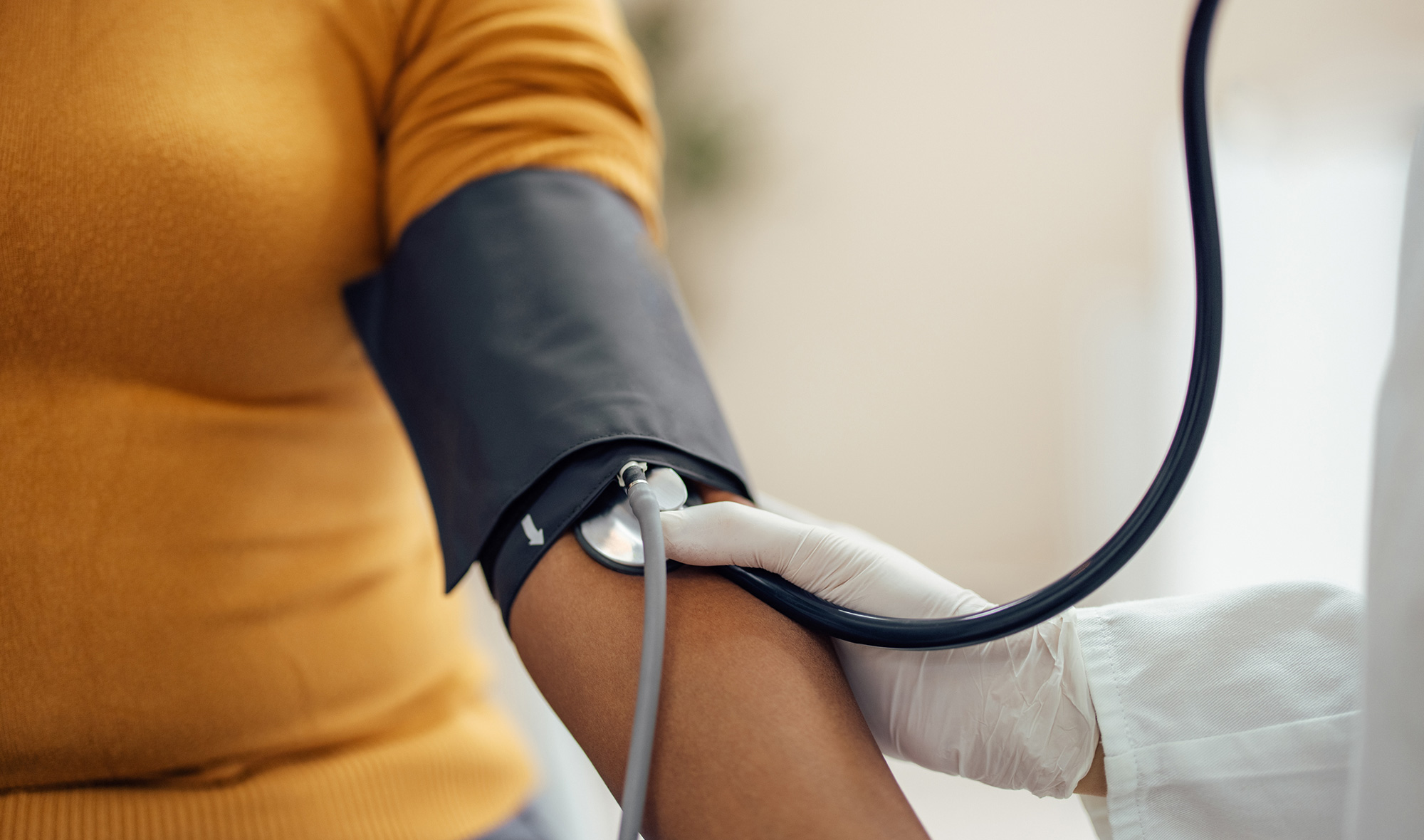
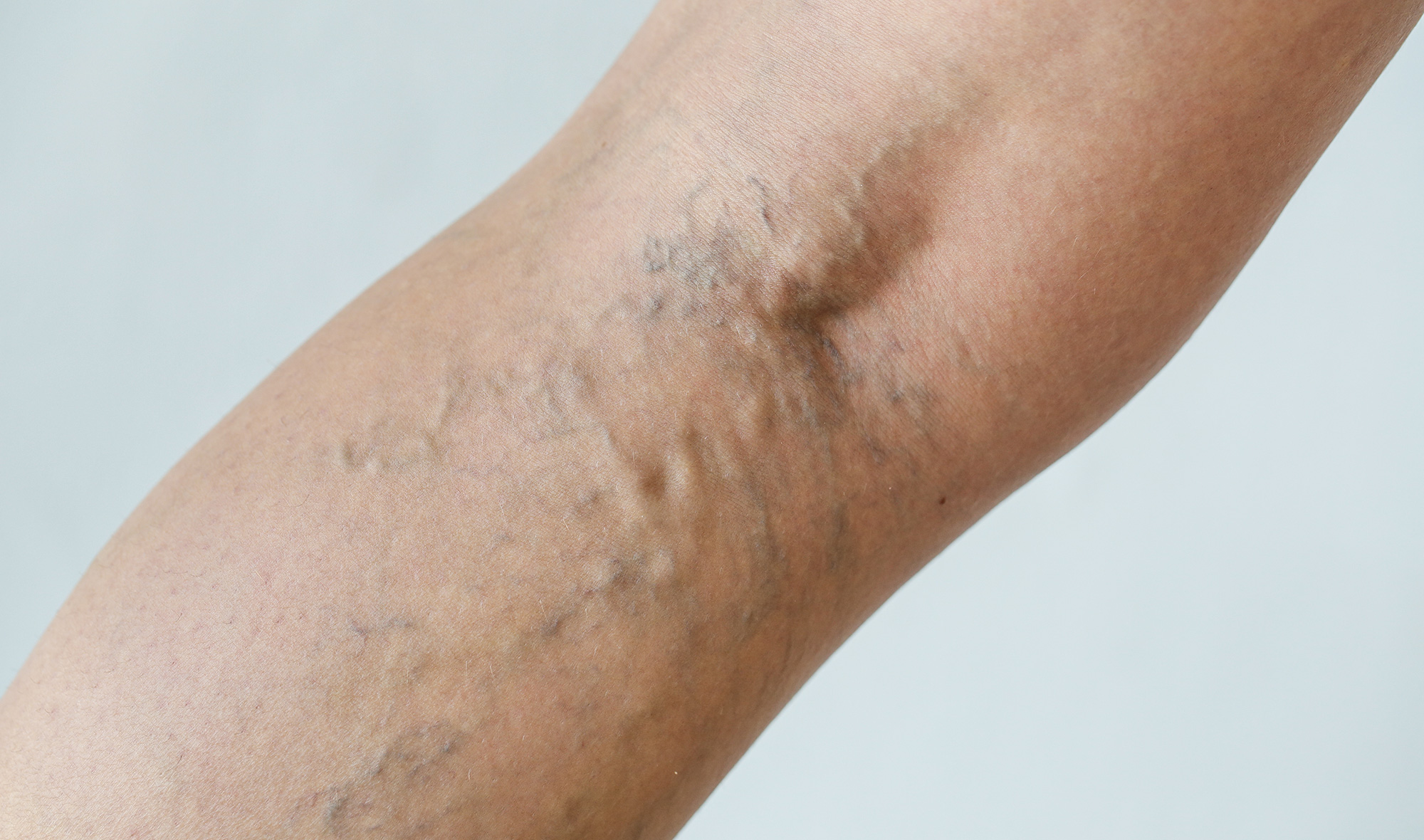
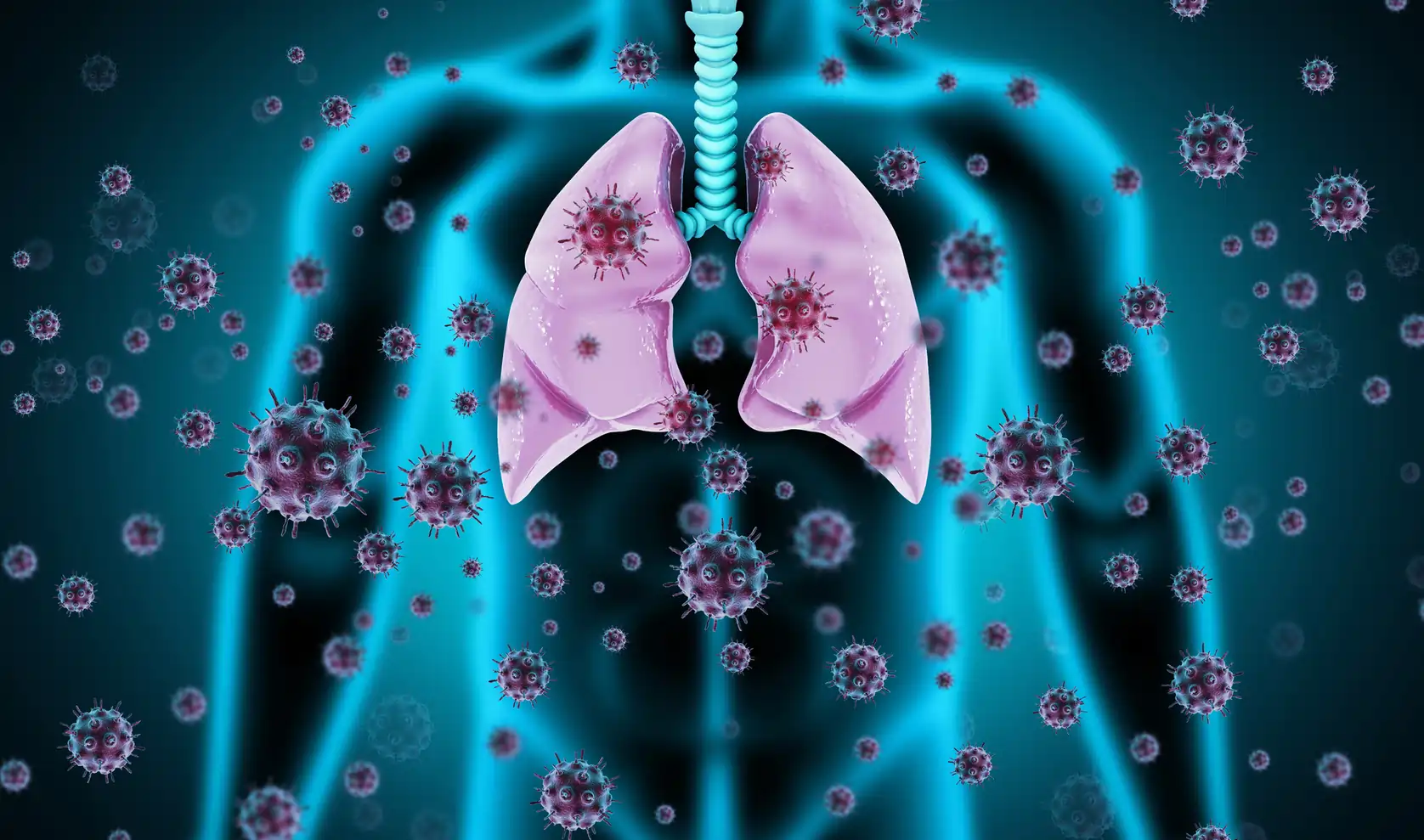
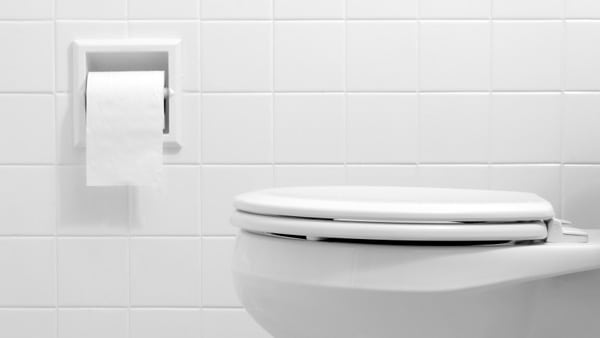



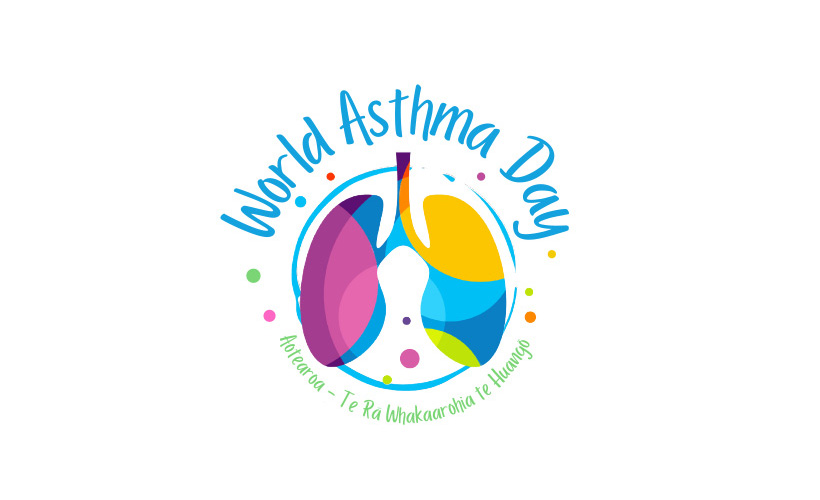
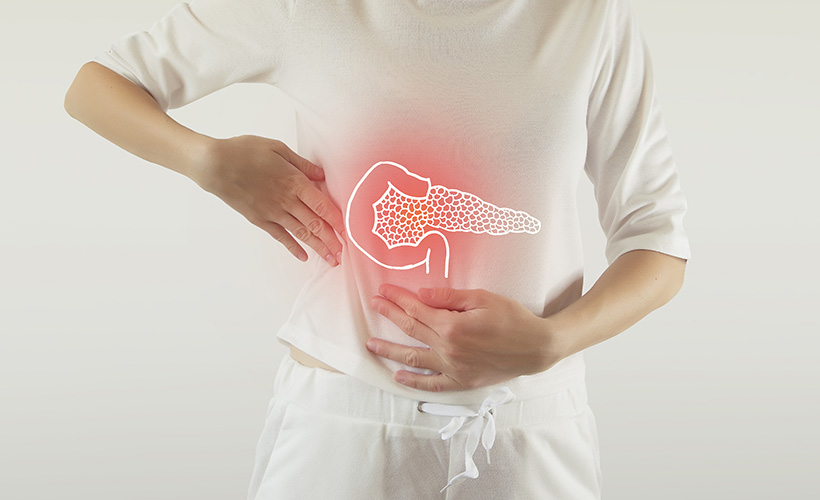


Community